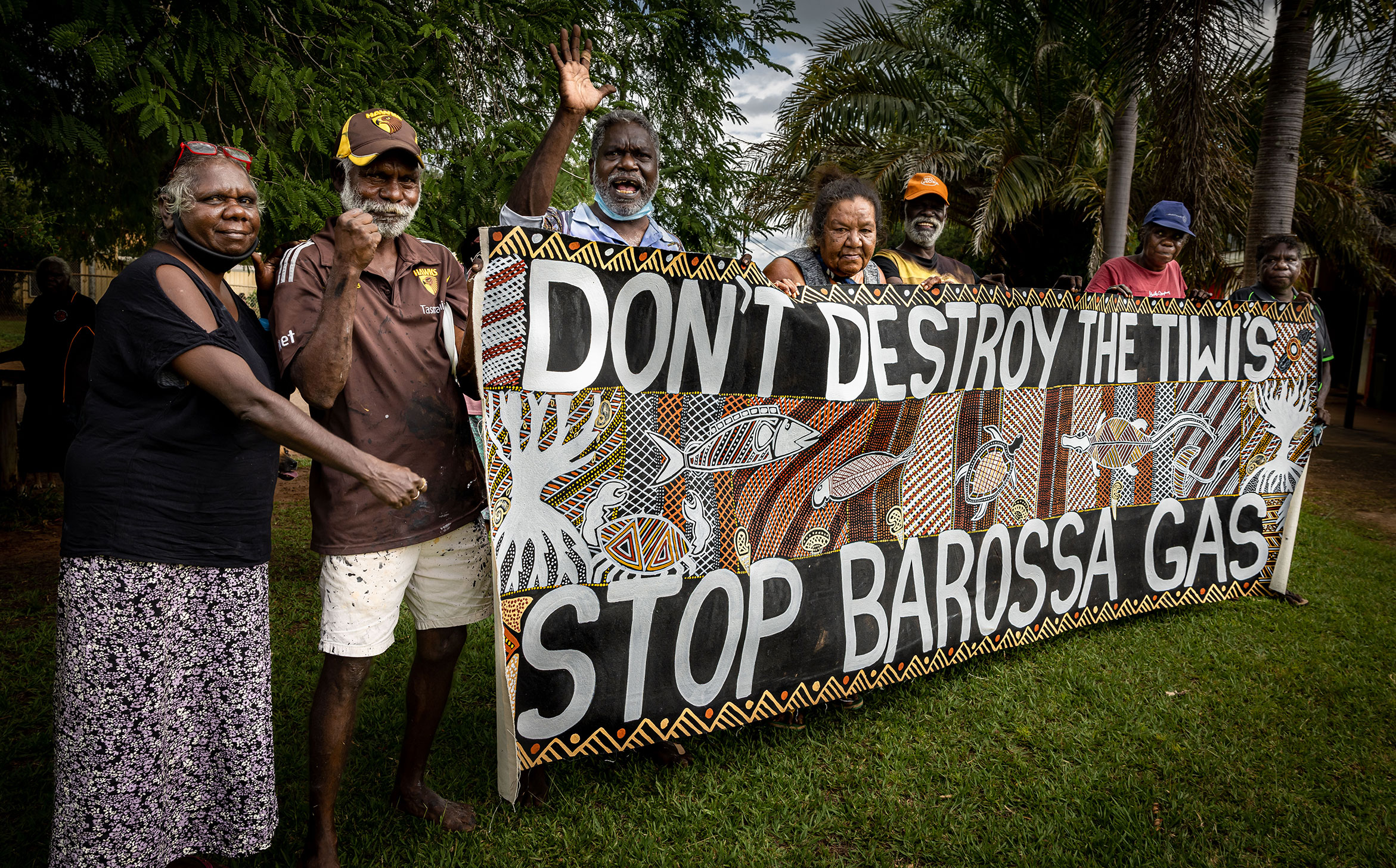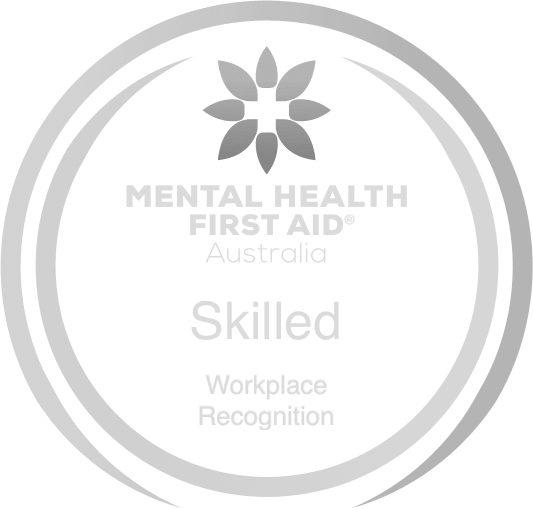Tiwi Islander people have looked after their sea country for millennia. Now, Santos’ deep-sea drilling plans put all of that under threat.
Munupi Senior Lawman and Tiwi Traditional Owner Dennis Tipakalippa is suing Santos and the Federal Government over the approval of plans to drill the Barossa gas field.
Tiwi people make their voices heard in legal first
Dennis Tipakalippa, who was chosen by his community to represent them, is asking the Federal Court to set aside the approval. He will argue that he and his community were not consulted by Santos about the drilling plans, contrary to legal obligations.
This is the first case in Australia brought by First Nations people challenging an offshore project approval because of lack of consultation.
“It’s all about our future generations. That’s what I worry for. What are they going to have, who are they going to be? Our lives are not just lived on the land, but in the sea – this home that we have loved for thousands of generations.”
Plaintiff and Munupi Senior Lawman, Dennis Tipakalippa.
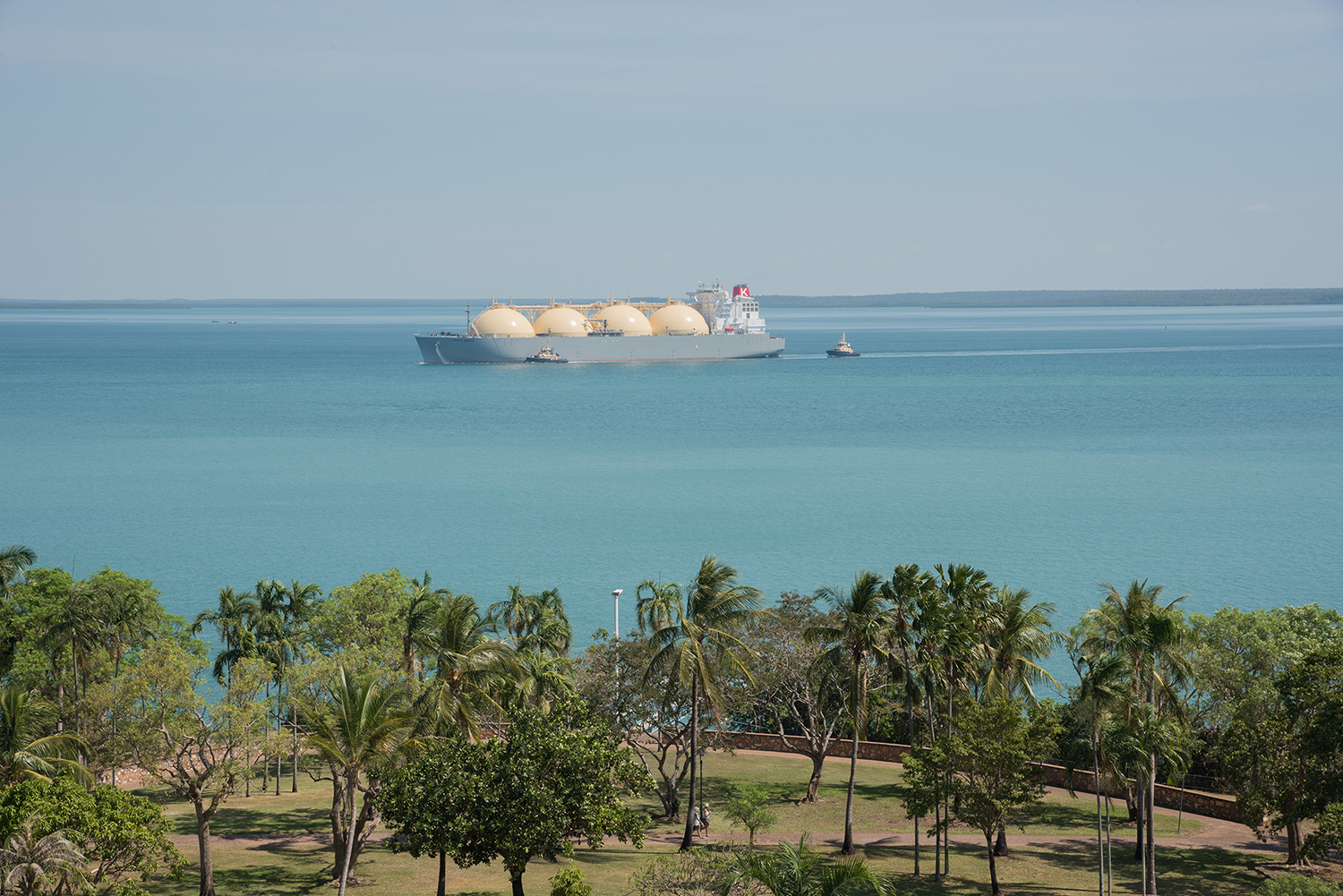
Drilling risks
Tiwi sea country
The Barossa gas field is forecast to be one of the most carbon-polluting gas projects in the world. Drilling plans threaten Tiwi food sources, culture and way of life.
Yet Tiwi people
were not consulted
Tiwi Islanders say Santos should have respected them and consulted them about the drilling plans in the proper way.
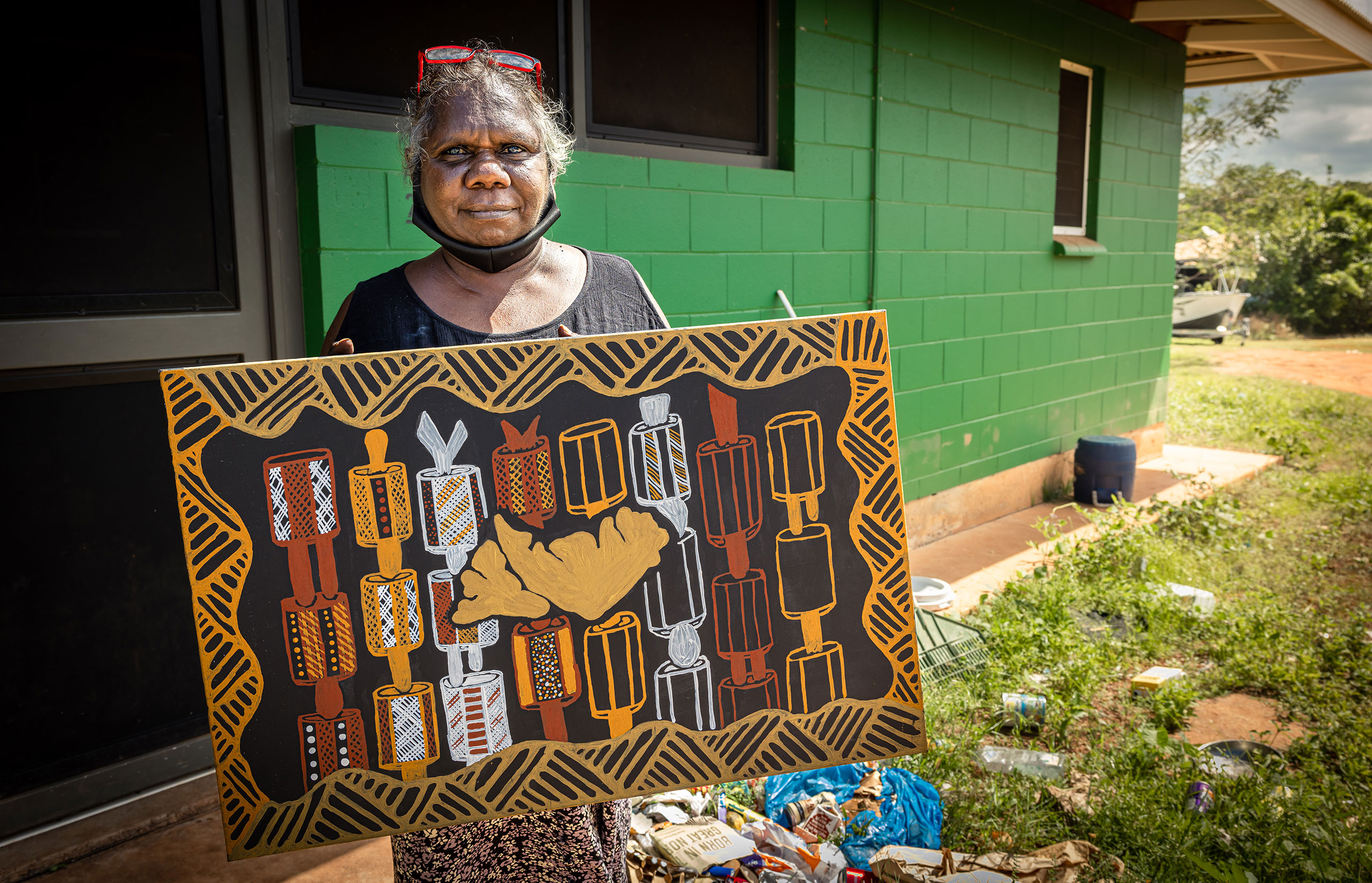
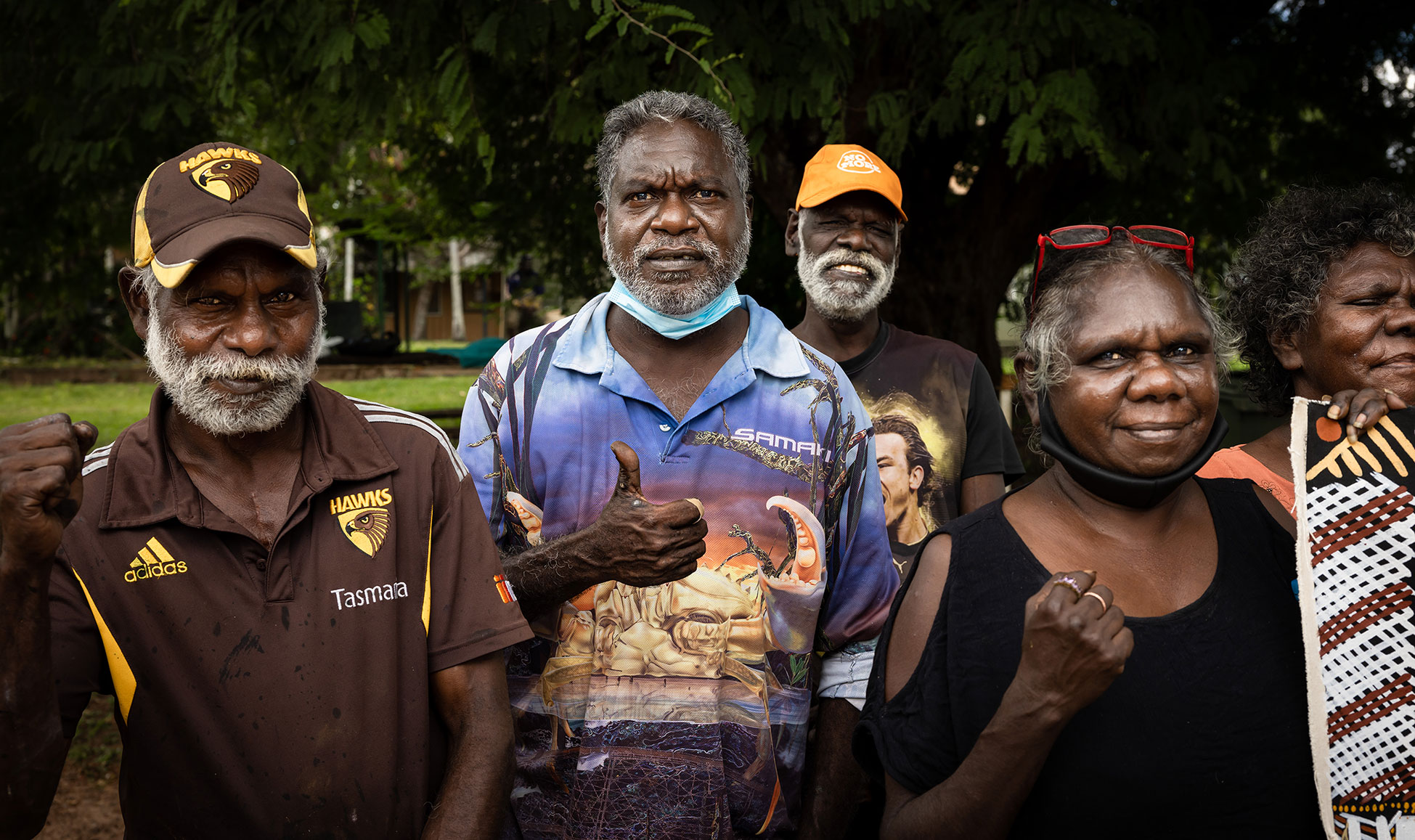
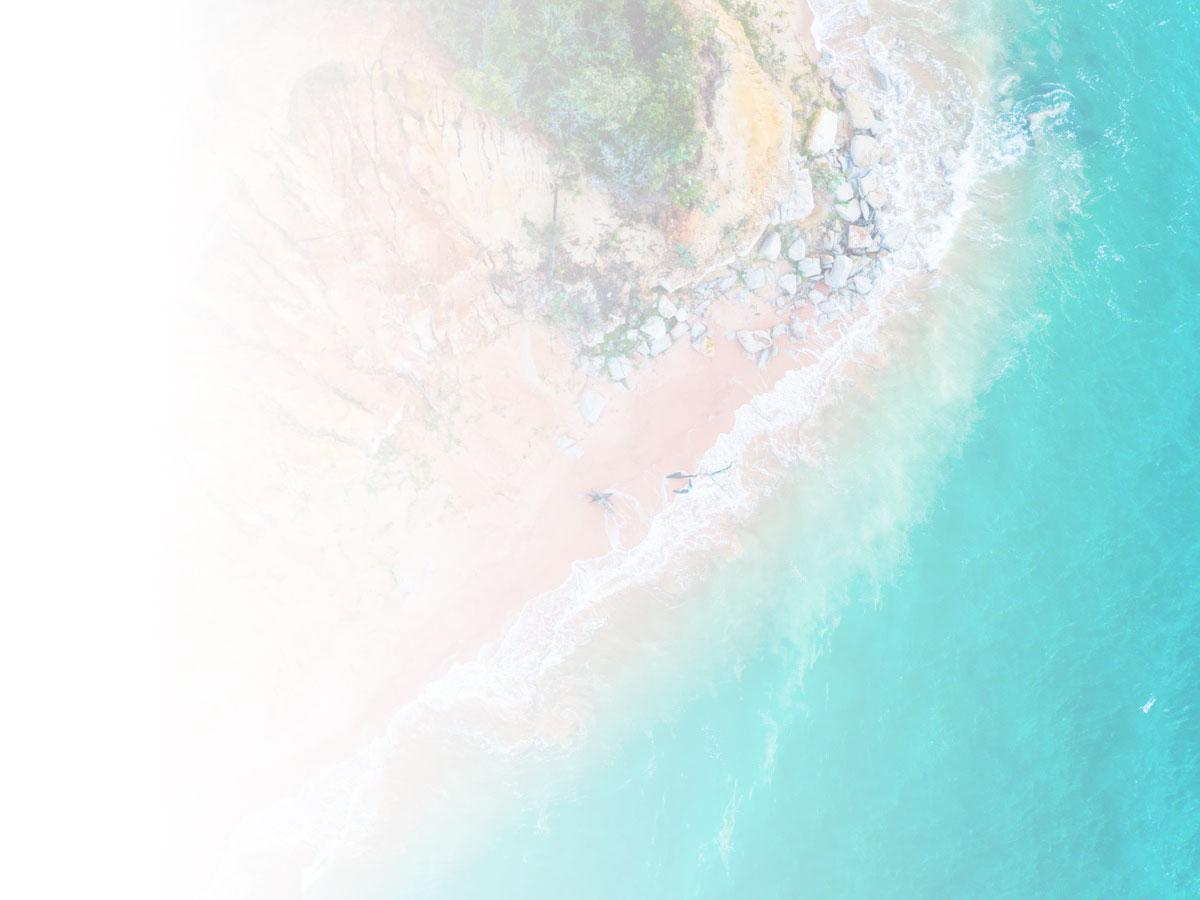
Drilling on their doorstep
The Tiwi Islands lie about 80 kilometres north of Darwin, and are home to some 3,000, mostly Aboriginal people.
The Tiwi Islands are a biodiversity haven, with hundreds of species of plants and animals not found anywhere else in the world.
To industrialise these pristine waters and drill for gas off the beautiful Tiwi coast would risk Tiwi land and sea country, precious marine species and our shared climate.
“My clan, the Munupi, own these Northern Beaches. It’s our land that’s closest to the drilling site. They never came to me in person or face to face. I think they couldn’t face my people.”
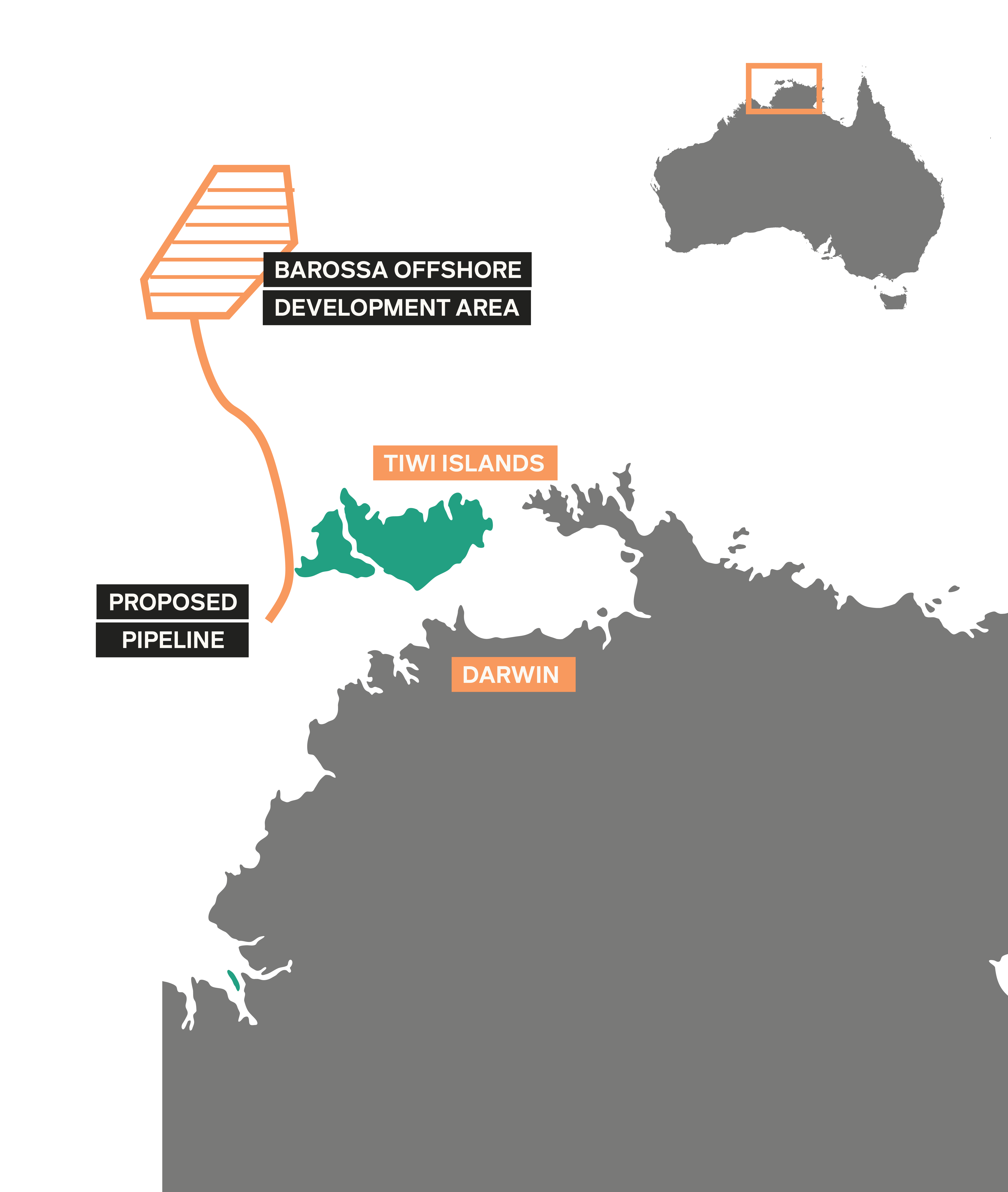
Tiwi people are standing up to Santos
The Tiwi people have occupied and cared for the Tiwi Islands for upwards of 60,000 years.
Represented by EDO, Senior Lawman and Tiwi Traditional Owner Dennis Tipakalippa will ask Federal Court to set aside the approval because he and his community were not consulted about the plans, contrary to legal obligations.
As they have done for millennia, Tiwi people are standing up for their country to make sure future generations can thrive.
They are standing up to Santos and demanding that their voices be heard.
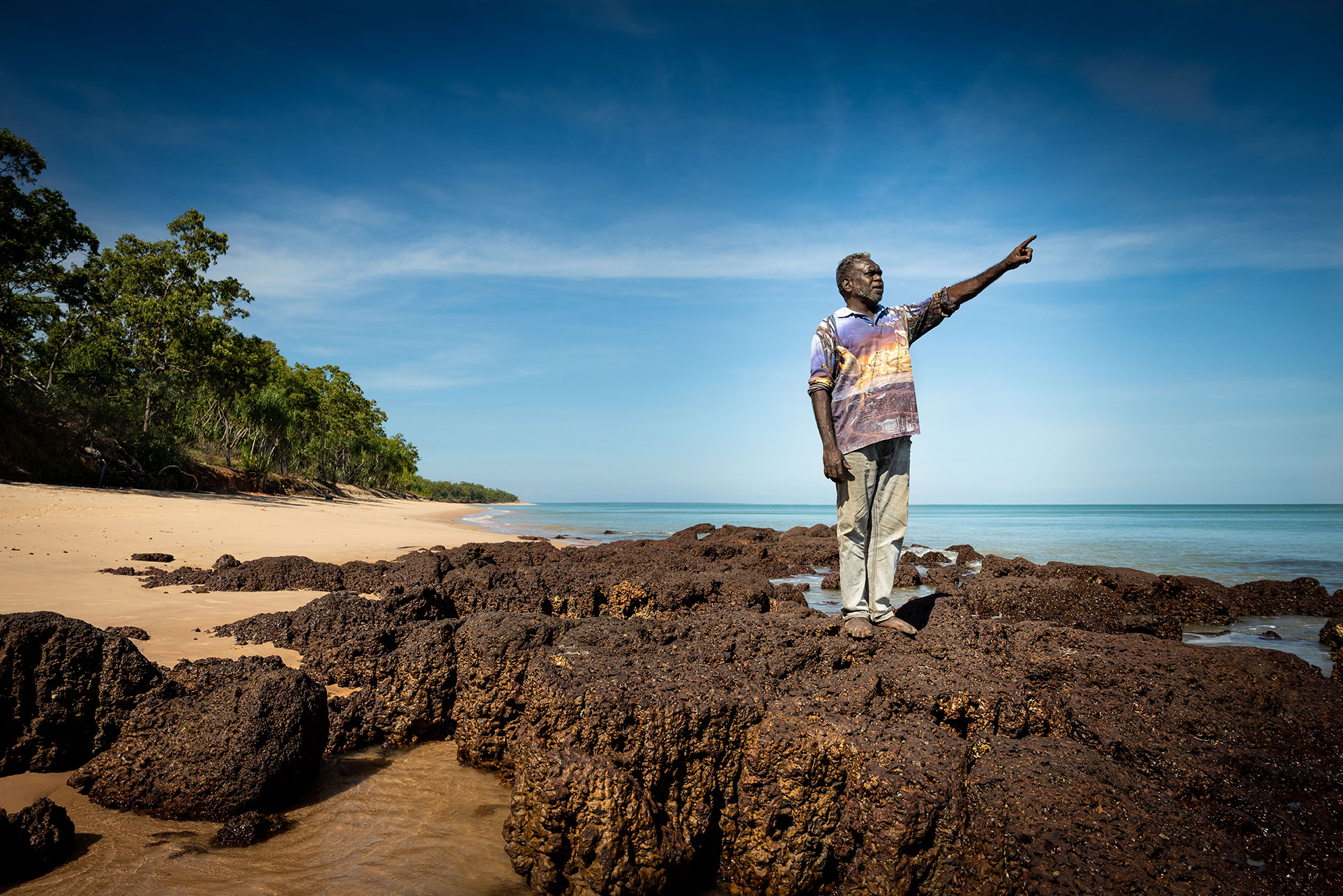
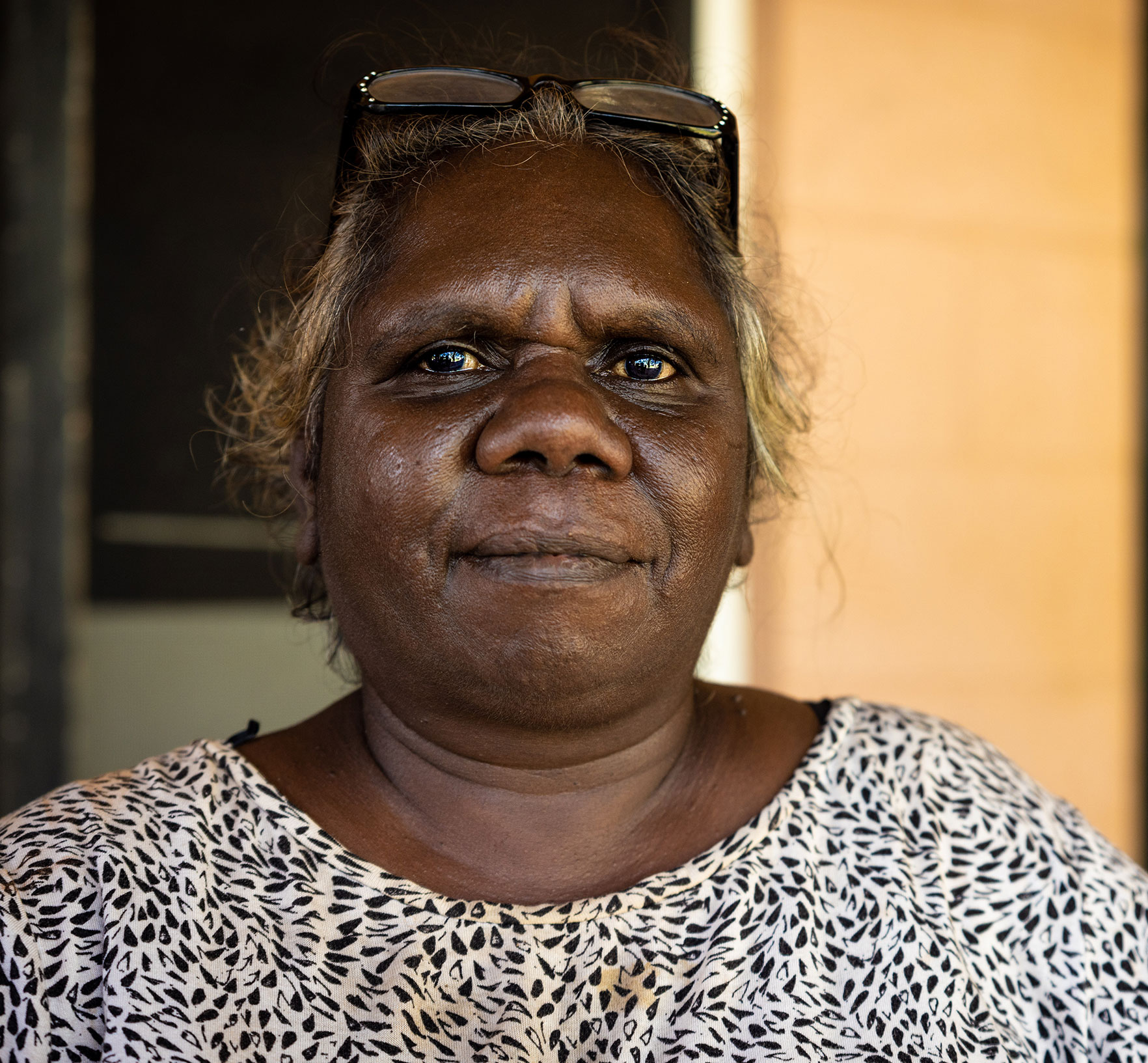
“All our life we’ve been eating bush tucker, and we don’t want any drilling and pipelines at the ocean otherwise all our animals will go away.”
Manupi traditional owner Connie Puruntatameri, who lives on Melville’s Northern Beaches.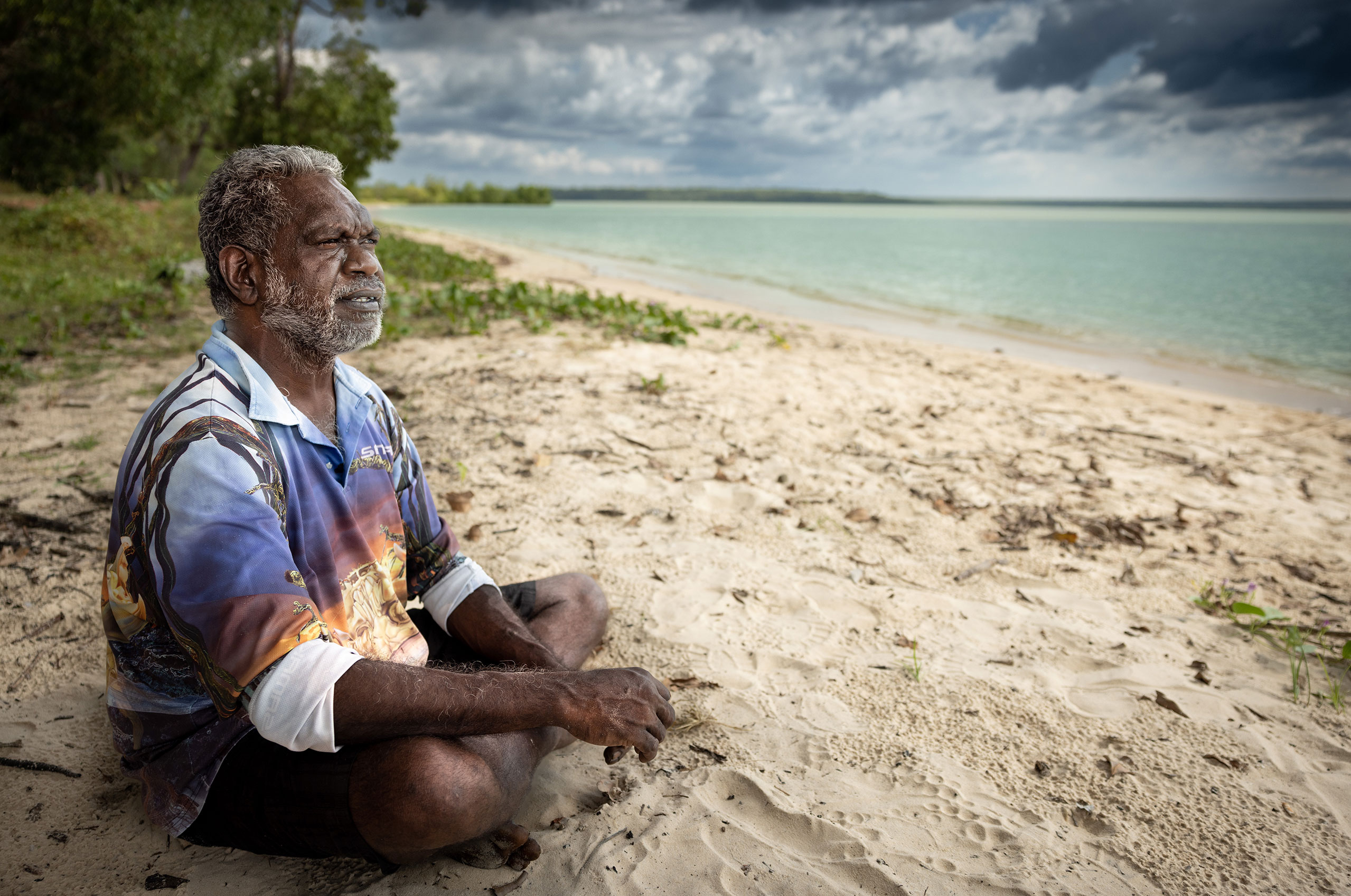
Tiwi people are concerned about the impacts to their sea country
The Barossa project, off the pristine coast of the Tiwi Islands, will be the dirtiest offshore gas project in Australia.
Santos’ plans involve round-the-clock deep-sea drilling close to Tiwi fishing grounds and extensive seabed disturbance across the pristine Timor Sea.
“We spend a lot of time out in the water – hunting, fishing. We only ever take what we can eat in a day, no more. We respect our homelands, our sea country and it looks after us.”
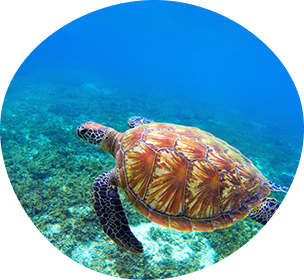
Risks to marine life and culture
Drilling could impact breeding patterns and nesting grounds of turtles, dugongs, whales and other marine species important to Tiwi ceremonies, songlines and cultural practices.
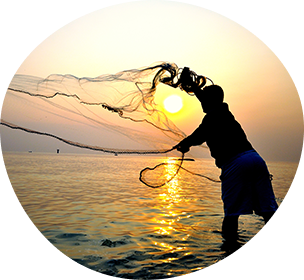
Disruption to traditional practices
Traditional fishing and hunting practices, passed down for countless generations, could be impacted by the industrialisation of Tiwi waters.

Oil spill risk
Santos’ own modelling shows that an oil spill could severely impact Tiwi sea country.
“The stakes couldn’t be higher for the Tiwi community. Their food source, their traditional practices, their culture and the sea country they’ve protected for millennia will be at risk if this drilling goes ahead.
These waters and the life within them mean everything to Dennis and his community, but they didn’t have a chance to voice their concerns before the drilling was approved. They were sidelined from the consultation process.”
Alina Leikin, Special Counsel for the Environmental Defenders Office.

Climate change poses an enormous threat to Tiwi culture, traditional practices, food sources, homelands and waters.
Across Australia, climate change is already having profound impacts on First Nations peoples’ ability to practice their culture and sustain their livelihoods.
The Barossa project would lock in gas extraction for the next 20 years. It would produce a conservative estimate of 469 million tonnes of carbon emissions – equivalent to the lifetime emissions of the Galilee coal-fired power station.
This massive new fossil fuel reserve comes at a time when deep cuts to greenhouse gas emissions are needed to avoid the worst impacts of climate change. These emissions will have an impact on our carbon budget which we cannot afford.
